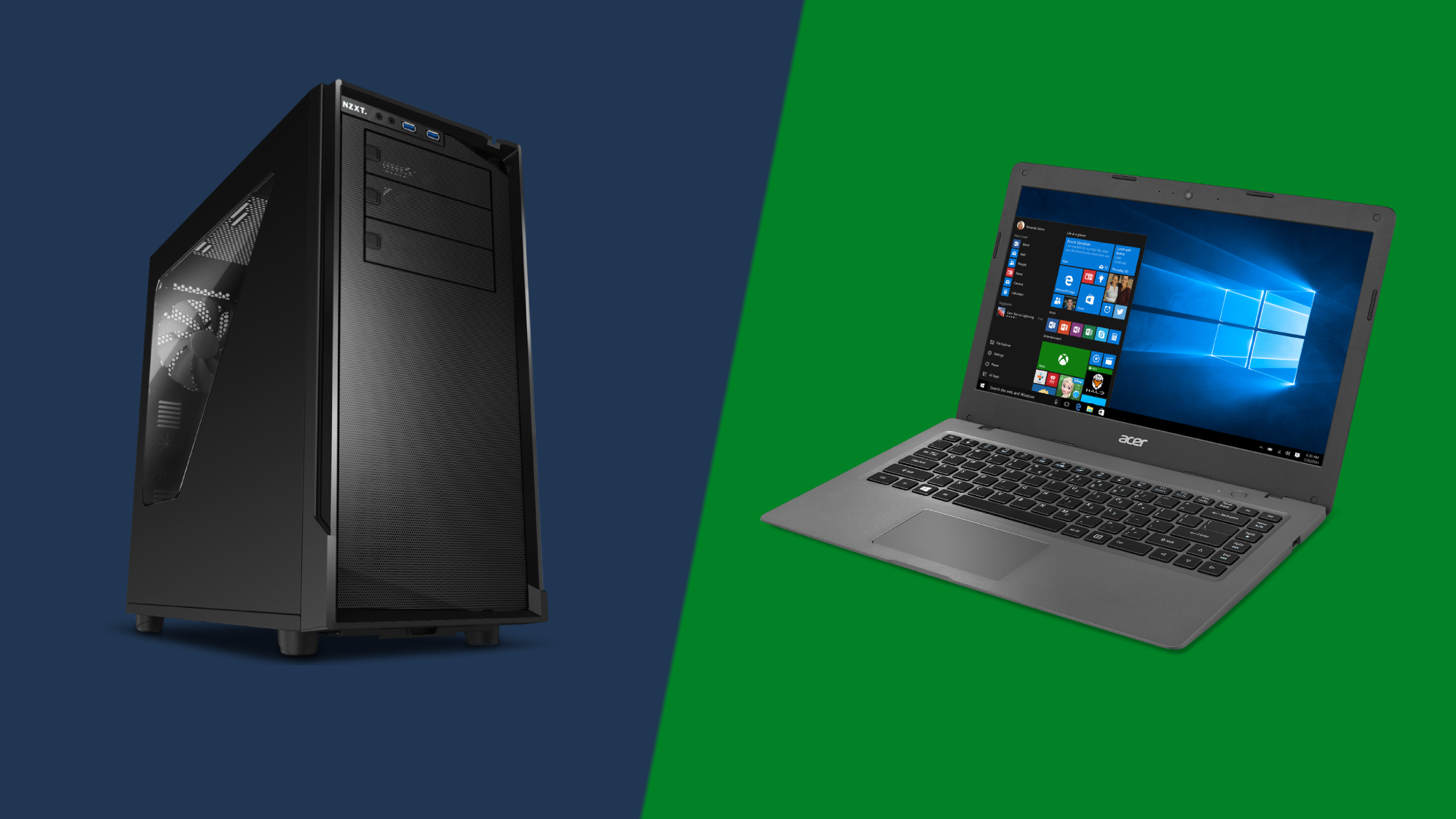In today’s fast-paced digital world, the decision between choosing a laptop or a desktop for your computing needs is more complex than ever. Both have distinct advantages and trade-offs that cater to different user preferences and work requirements. Analyzing your priorities, whether it’s the need for mobility or the demand for more powerful specifications, is the key to making the right choice. Let’s navigate through the factors that should influence your decision to ensure you invest wisely in technology that aligns with your lifestyle or work routine.
Performance Expectations and Use Case Scenarios
Weighing Power Against Portability
When it comes to raw power and upgrade potential, desktop computers typically have the upper hand. They house more robust processors, larger amounts of RAM, and superior graphics capabilities, making them ideal for demanding tasks such as video editing, 3D rendering, or heavyweight gaming. Laptops, on the other hand, offer portability and convenience, making them perfect for on-the-go usage, from business executives to university students.
Tailoring the Decision to Your Needs
Your main activities dictate which system suits you best. For heavy software users who need to run resource-intensive applications, a desktop’s power is indispensable. Alternatively, if your activities revolve around word processing, web browsing, or light photo editing, the mobility of a laptop likely outweighs the benefits of having a more powerful, stationary desktop.
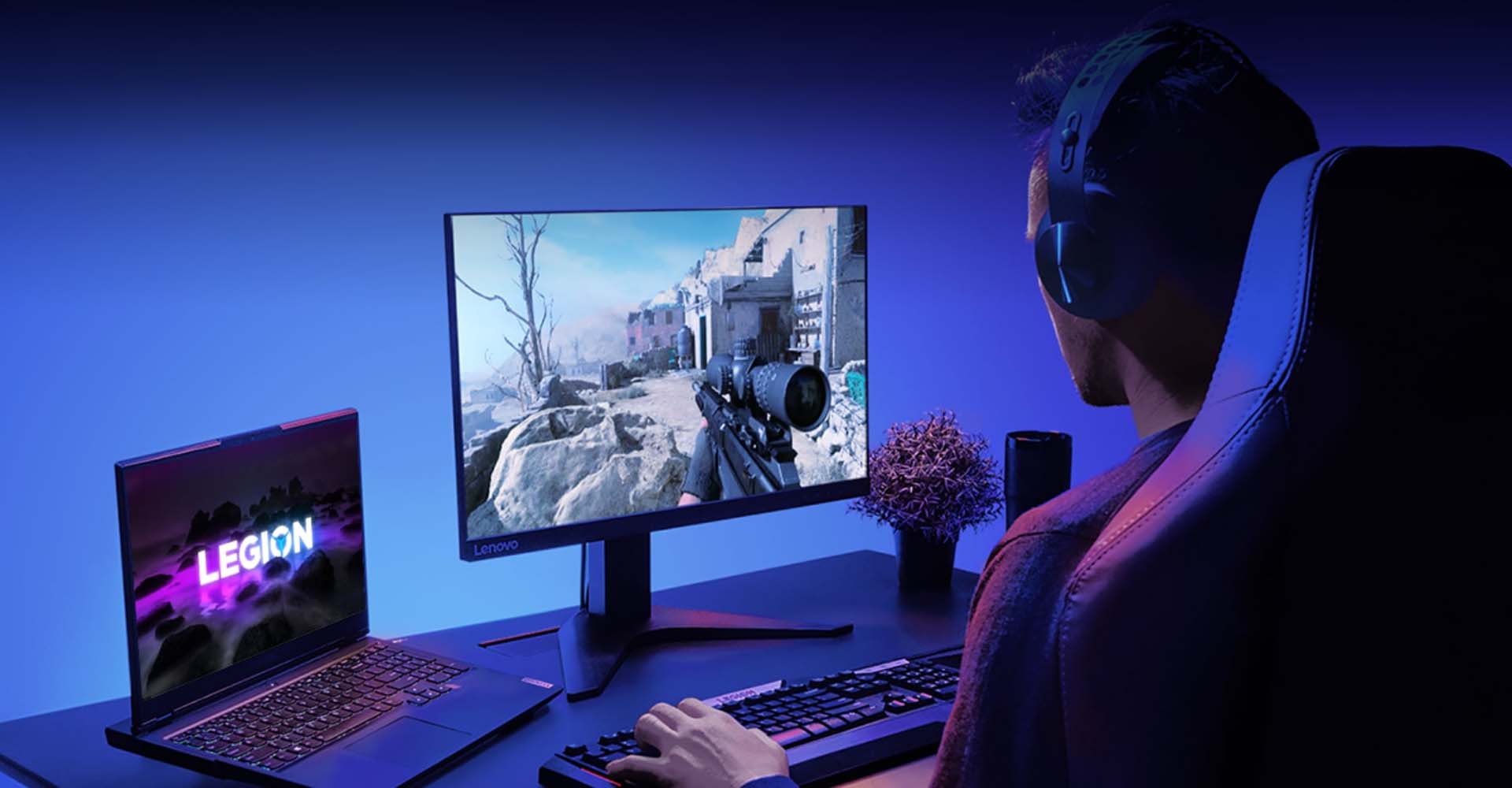
Financial Factors and Upgrade Paths
Initial Cost Versus Long-term Value
Desktops generally provide more value for money regarding specs. For the cost of a high-end laptop, one could often assemble or purchase a desktop with superior hardware. However, remember to factor in the extra costs of peripherals like monitors, keyboards, and mice for a complete desktop setup, which are built-in features for laptops.
Considering Upgrade Flexibility
Desktop systems shine with their nearly limitless upgrade possibilities. Whether it’s swapping out the GPU for a newer model or adding more RAM, desktop users can incrementally improve their system’s capabilities. Laptops usually have more limitations, with many models restricting hardware updates beyond simple memory or storage enhancements. Consider your long-term needs and whether the ability to upgrade components is critical for you.
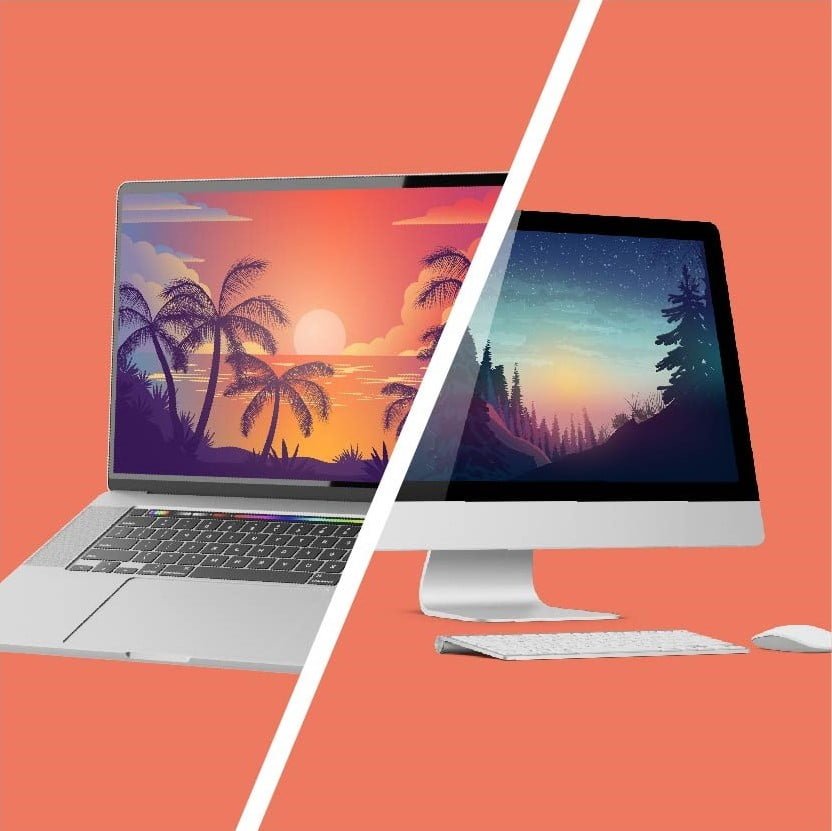
Design and Aesthetics
Space Constraints and Setup
Desktops can vary widely in their physical footprint, with options ranging from expansive full-tower cases to compact mini-PCs. Assess the space available in your home or office to determine what desktop size would be appropriate or if the minimal footprint of a laptop is more suitable. The design and aesthetics of a workspace can also play a role in this decision; some may prefer the sleek and tidy appearance of a laptop over a bulky desktop setup.
Personalizing Your Work Environment
An often-overlooked consideration is the ability to personalize your workspace. Desktops allow for a diverse range of cases, monitors, and accessories that can reflect personal style. Laptops have limited customization from a hardware perspective but can be adorned with skins, cases, and decals for a personalized touch.
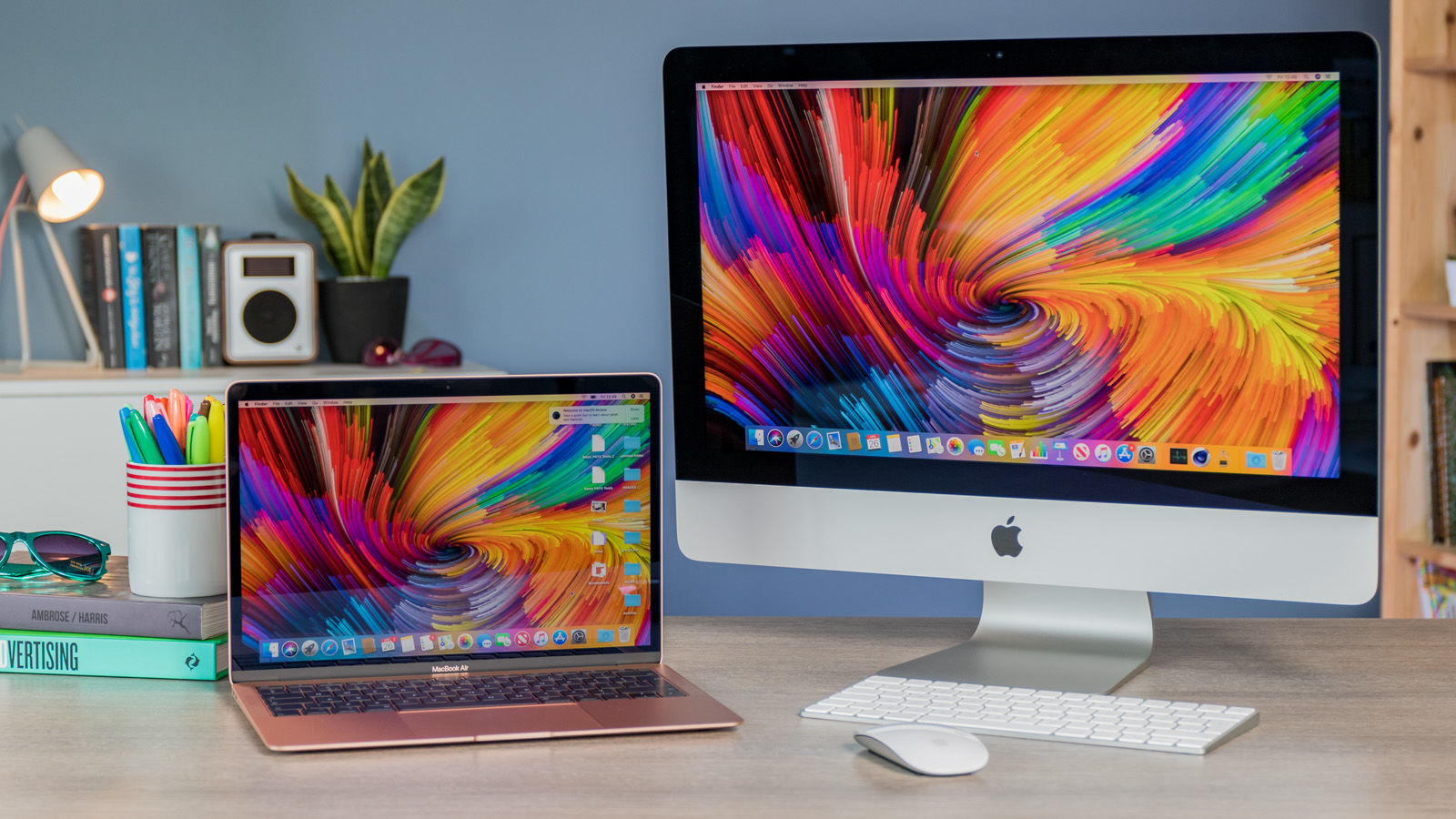
Considerations for Durability and Repairs
The Longevity of Your Device
Desktops typically have a longer lifespan due to their robust construction and superior cooling capabilities, resulting in reduced wear over time. The stationary nature also means less risk of physical damage. Conversely, laptops are more prone to wear and damage due to their portability, with risks like dropping or spilling being more common.
Repairability and Technical Service
When issues arise, desktops are often much easier to repair than laptops. Many desktop issues can be self-diagnosed and fixed with replacement parts. On the contrary, laptops often require professional service for repairs, which can be costly and time-consuming. A factor to weigh in is whether you have easy access to technical support or prefer a system you can maintain yourself.

Analyzing Future Trends and Scalability
Preparing for Technological Advances
Technological advancement is accelerating, and any system you choose should be capable of adapting to future trends. Laptops are becoming increasingly powerful and can now offer similar performances to their desktop counterparts, including VR and gaming capabilities. Nonetheless, desktops are often one step ahead, especially when it comes to the latest advancements in processors, graphics cards, and storage technology.
Scalability for Evolving Needs
Consider how your computing needs might evolve over the next few years. A desktop’s scalability allows you to keep pace with technology and increase its lifespan. A laptop’s portability is beneficial now but consider if its limited upgradability will suffice for future demands. Affording to replace a laptop sooner than a desktop could influence your decision based on projected financial outlay.
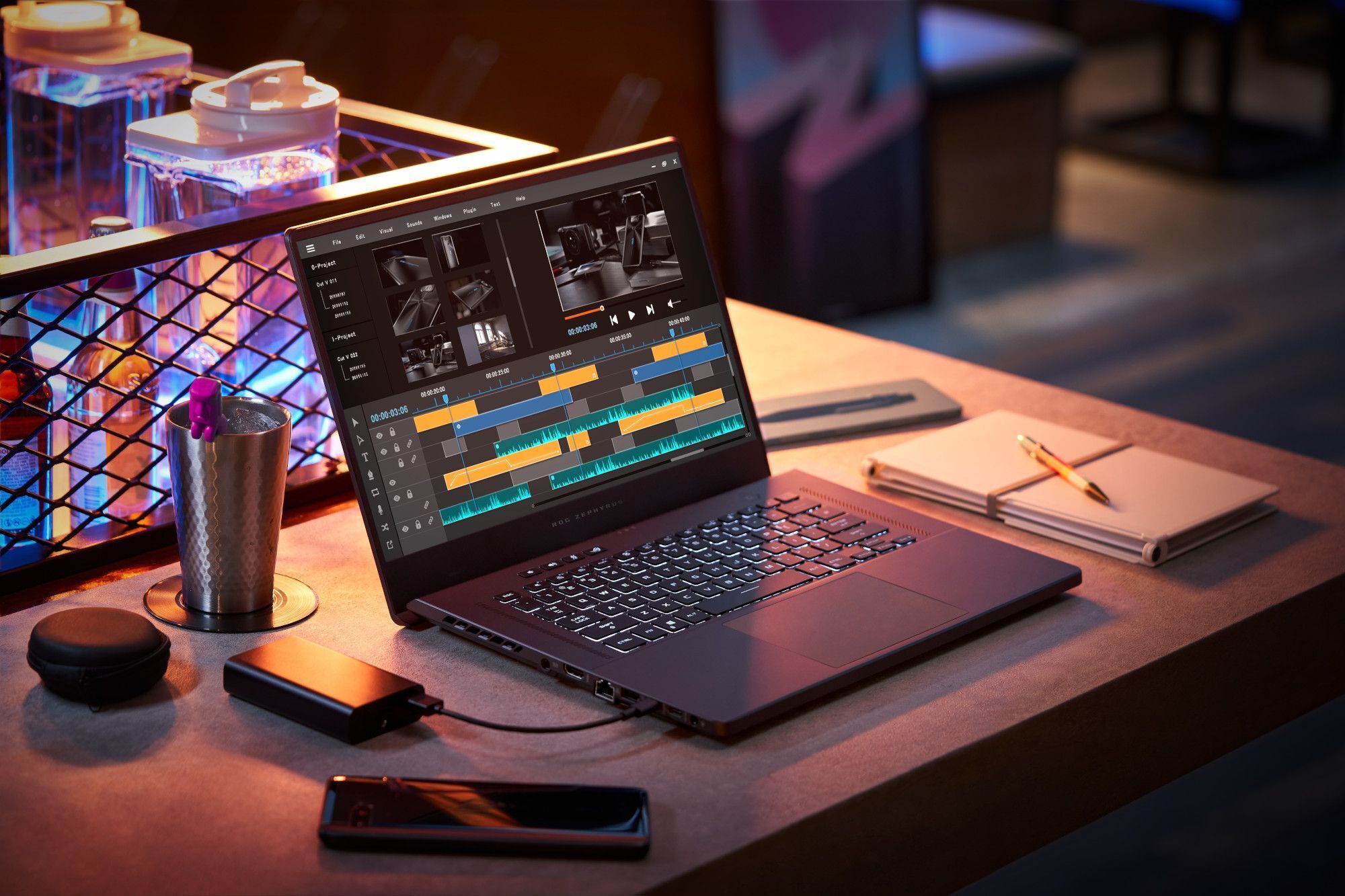
Emphasizing Productivity and Focus
Creating an Effective Workspace
A crucial consideration that often gets overlooked is how your choice between a desktop and a laptop impacts your productivity and ability to focus. Desktop environments tend to encourage a more stationary, focused work setting due to their fixed location. This can be particularly beneficial for tasks requiring deep concentration, extended work hours, or professional-grade software that benefits from a larger screen and dedicated input devices. Conversely, laptops cater to flexibility and changing environments, which can be perfect for those who thrive in dynamic work settings or have variable work locations. When weighing your options, think about where and how you work best.
Remote Work and Travel Demands
For professionals or students whose lifestyles demand high mobility, including frequent travel or the necessity to work from remote locations, laptops emerge as the clear winner. The ability to pack up your entire office and take it with you is invaluable in today’s increasingly remote and digital workforce. However, this doesn’t mean sacrificing power for portability is a given. Many modern laptops are designed to bridge the gap, offering high-performance specs in sleek, lightweight designs. Therefore, consider not just if you need to move around with your computer, but also the performance level necessary to efficiently complete your tasks on the go.
The Impact of Cloud Computing
Rethinking Hardware Limitations
In the debate of laptop versus desktop, the advent of cloud computing and cloud-based applications adds a new dimension to consider. The reliance on physical hardware is gradually decreasing as more tasks can be performed with the help of cloud services—from data storage to processing power. For users primarily utilizing cloud services, the gap between the processing powers of laptops and desktops narrows, making a laptop an even more attractive option without significant compromises.
Cloud computing also introduces the possibility of using virtual desktops, where users can access a powerful, cloud-based computer from any device, including a modestly equipped laptop. This expands the functionality of laptops, allowing them to serve as thin clients while leveraging the cloud for heavy lifting. That said, for those working with offline software, large local files, or in areas with unreliable internet connections, the traditional benefits of desktop computers remain relevant.
Making the Informed Decision
Balancing Preferences with Practicalities
Ultimately, the choice between a laptop and a desktop boils down to balancing your personal preferences with the practicalities of your daily activities. Take the time to evaluate how you intend to use the device, the environments you work in, and any future technological shifts that might impact your choice. Consider also the emotional aspect—some users might prefer the tactile satisfaction of a full-sized keyboard and mouse, along with the customization possibilities of a desktop setup, while others prioritize the freedom and flexibility laptops offer.
Regardless of your choice, remember that technology is merely a tool to enhance productivity and satisfaction within your professional or personal life. Both laptops and desktops have evolved significantly, offering diverse options to suit almost any need. By focusing on how a device fits within your lifestyle, supports your work habits, and meets your performance expectations, you can make a choice that brings long-term satisfaction and utility.
